Breaking Conventions: Undertale and Its Approach to Player Agency
Sep-07-2024
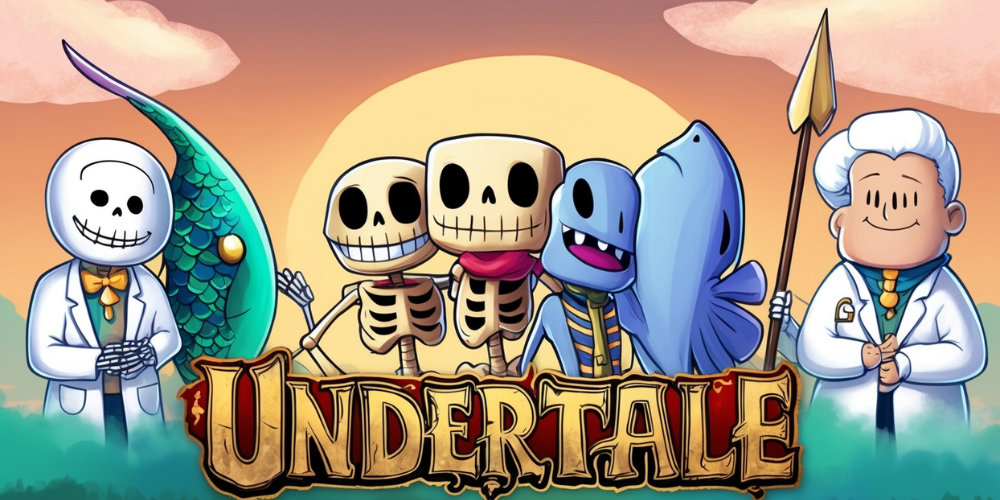
When I first booted up Undertale, I had no idea what to expect. The pixelated graphics and chiptune music brought me back to my childhood, reminding me of the games I played in a simpler time. However, as soon as I started playing, I realized this was no typical role-playing game. It was something altogether different, a nuanced examination of player agency in video games.
The Openings of Departure
The moment I landed in the underground world, the whimsical yet haunting ambiance captured my heart. Unlike other games where the path is often linear, Undertale invites you to make decisions that truly matter. As I traversed the Underground, I quickly understood that my choices were not just for show. They held weight and could shift the entire narrative.
Engaging With Characters
One facet of Undertale that struck me was the way it crafts interpersonal relationships. Characters like Toriel, Sans, and Papyrus felt alive, each with their distinct personalities and backstories. I remember my encounter with Toriel, where a choice could lead to her becoming an ally or an enemy. Did I want to spare her or fight her? The decision weighed heavily on me.
Combat With a Twist
The battle mechanics further exemplified the game's unique approach to player agency. Instead of a standard turn-based system, Undertale gives players options that add moral complexity to encounters. I could choose to fight, but there was always the tempting path of mercy. My choices regarding combat could lead to heart-wrenching outcomes, affecting the characters’ fates.
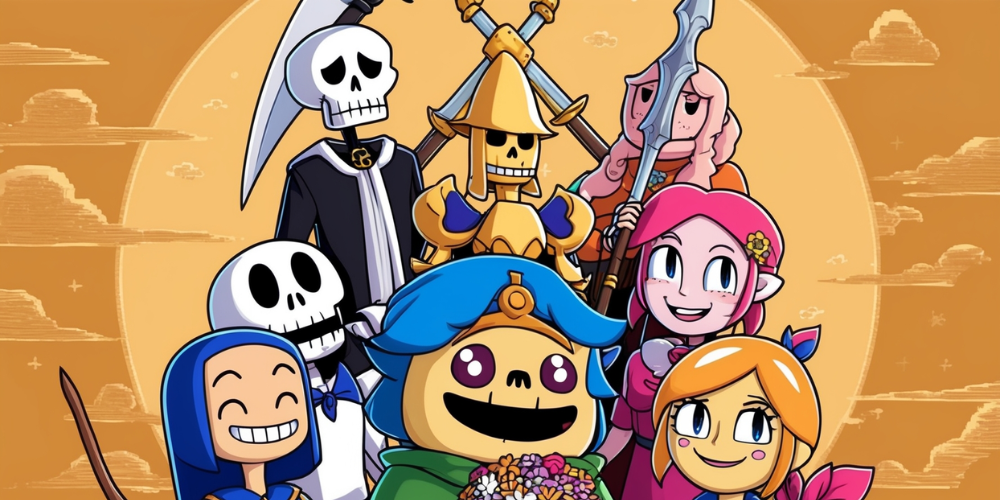
The Complexity of the Morality System
As I plunged deeper into the story, the complexity of the morality system fascinated me. It became evident that Undertale intentionally voided black-and-white morality. My actions were layered, with consequences that rippled through the entire game. Embracing mercy often led to a richer narrative experience, but violence provided an entirely different story arc.
Examining Pacifism
I decided to take the Pacifist route on my first playthrough, which opened up whole new dialogues and quests. Each character I spared became a thread in the tapestry of Undertale's intricate story. The game rewarded me with different endings as I carefully navigated my decisions. I felt a sense of accomplishment that I had yet to experience in other games, where “winning” often meant defeating foes.
The Consequences of Choices
Conversely, taking a more aggressive stance revealed a world steeped in loss and regret. When I opted for violence, I watched as relationships crumbled. Certain characters would fade away, lost to my hasty decisions. Each playthrough revealed new implications, and I was compelled to reflect on what it meant to be a hero or a villain.
The Unreliable Narrator
Undertale's narrative structure also deserves a separate mention. I found myself deciphering numerous layers of storytelling, especially through the character of Flowey. Flowey’s manipulations revealed the unsettling nature of player decisions. It was almost as if the game was aware of the choices I was making, guiding me toward self-reflection about the consequences of those choices.
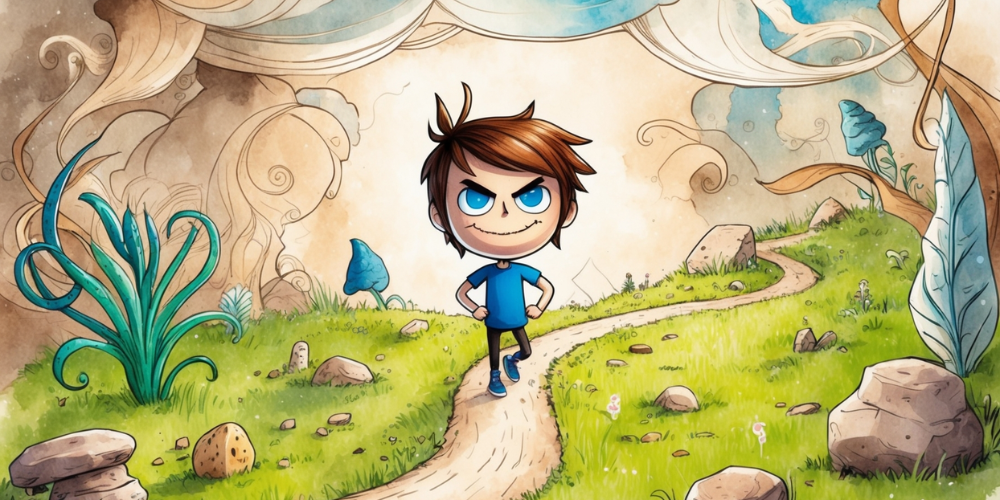
Breaking the Fourth Wall
The game’s ability to break the fourth wall created an eerie yet intriguing atmosphere. It often felt like Undertale was conversing with me rather than just presenting a story. From moments where characters expressed awareness of my actions to bizarre game mechanics that disrupted normal gameplay, each experience reinforced the idea that I was not merely an observer.
Your Choices Matter - Or Do They?
While I dove into the storytelling, I couldn't help but notice the layers of illusion woven into the fabric of choice. As I took on boss battles or made significant decisions, all these moments felt as if they could lead to irrevocable change. Yet, there were hints here and there that reminded me of a deeper narrative trick in play. The question loomed: To what extent were my choices truly mine?
The Role of Sound and Music
Adding to the overall impact, Undertale's soundtrack played an essential role in enhancing emotional moments. Each note seemingly aligned with my character’s journey as connections deepened or relationships unraveled. Music not only punctuated events but also influenced my perception of character loyalties, reinforcing the impact of my choices.
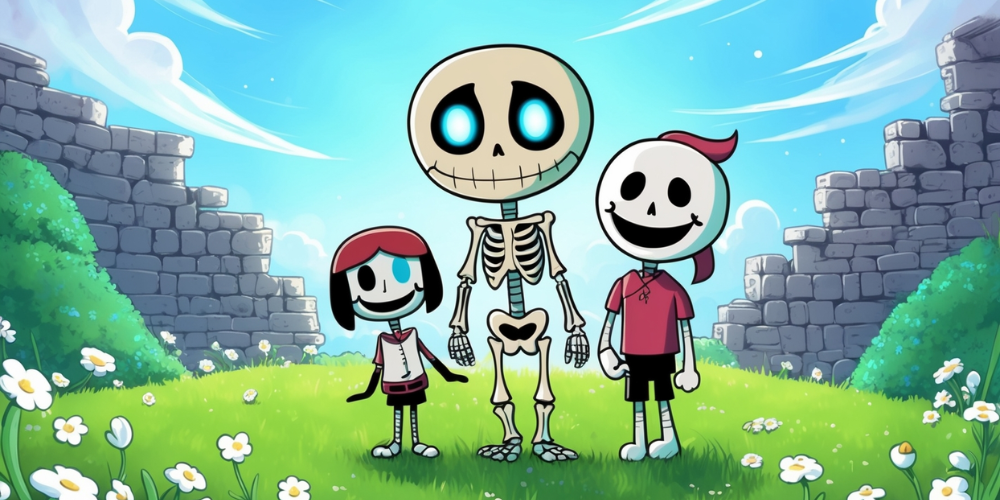
Revisiting Choices
After completing my first playthrough, I felt an urge to explore different outcomes. Undertale encouraged experimentation, urging players to revisit their decisions and consider various ramifications that could have unfolded. That part of the game engaged me in a multi-layered experience, prompting me to ask: What if I had done something differently?
The Concept of Regret
Underpinning my journey through the game was the theme of regret. As I replayed familiar sections, re-experiencing the anguish of my choices cut deeply. I sat on the edge of my seat when facing pivotal characters, wrestling with the temptation to wield a blade rather than extend a hand. Regret became a companion throughout my time in the Underground, echoing through both my heart and head.
Multiple Endings and Player Reflection
After countless hours, the prospect of multiple endings daunted yet excited me. Each path drew from the decisions I made, leaving me curious yet fearful of the outcomes. The emotional weight I carried was unlike anything I'd felt in other games. It urged a self-inspection of my morals, testing the boundaries of who I was as a player.
Community and Storytelling
Upon finishing the game, I sought out others who had journeyed through Undertale. I found deep discussions on forums about the various endings: the surreal Pacifist route, the chilling Genocide playthrough, and everything in between. The community's interpretations underscored the rich storytelling and the diverse viewpoints shaped by individual experiences. In every thread, I discovered insights that compelled me to think critically about narrative and player agency.
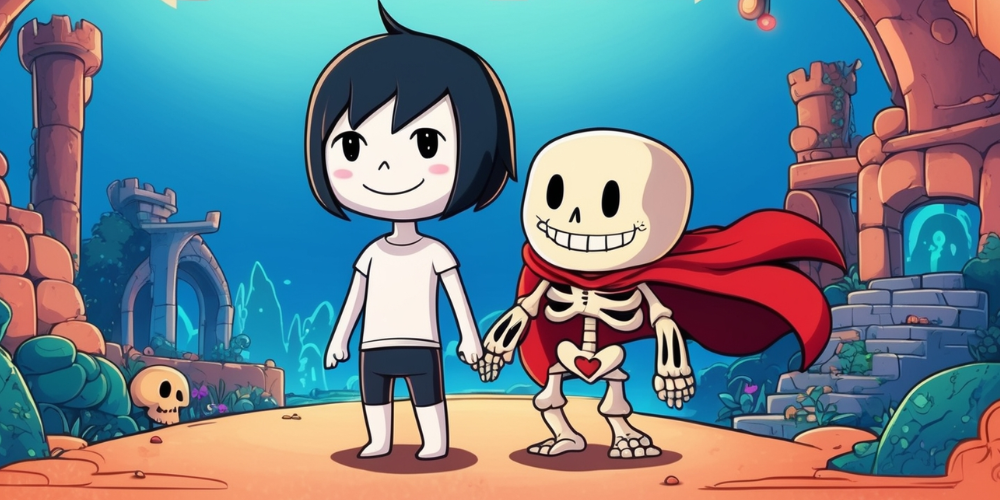
The Legacy of Undertale
As I look back on my journey through Undertale, I understand that it altered not just how I viewed video games, but also how I engage with narratives. The themes of player agency, morality, and consequence reshaped my understanding of storytelling. In every encounter, every decision, and every bittersweet ending, Undertale taught me that games have the potential to resonate far beyond traditional entertainment. The experience became a mirror reflecting my own morals and choices.
Final Thoughts on Exploration
Embarking on this adventure led me to a deeper appreciation not only for the medium of gaming but also for the impact of choices in storytelling. Undertale is more than just a game; it's an exploration into the moral quandaries we face and the consequences of those actions. I’m grateful for the journey, as it has changed the way I approach choices both in games and in life. Undertale continues to linger in my mind, serving as a constant reminder: every choice has a lasting impact, not just in the game, but in reality as well.







